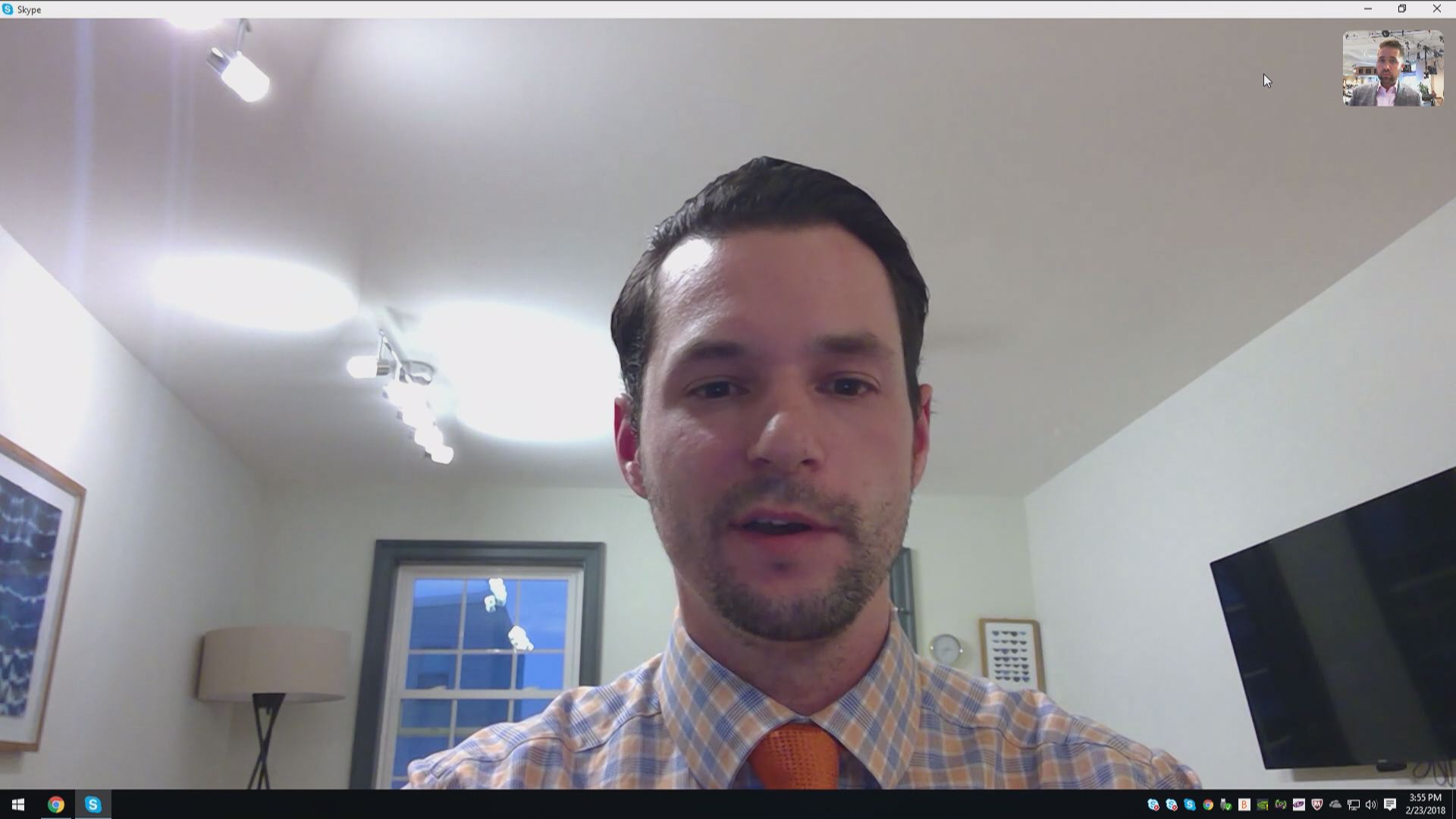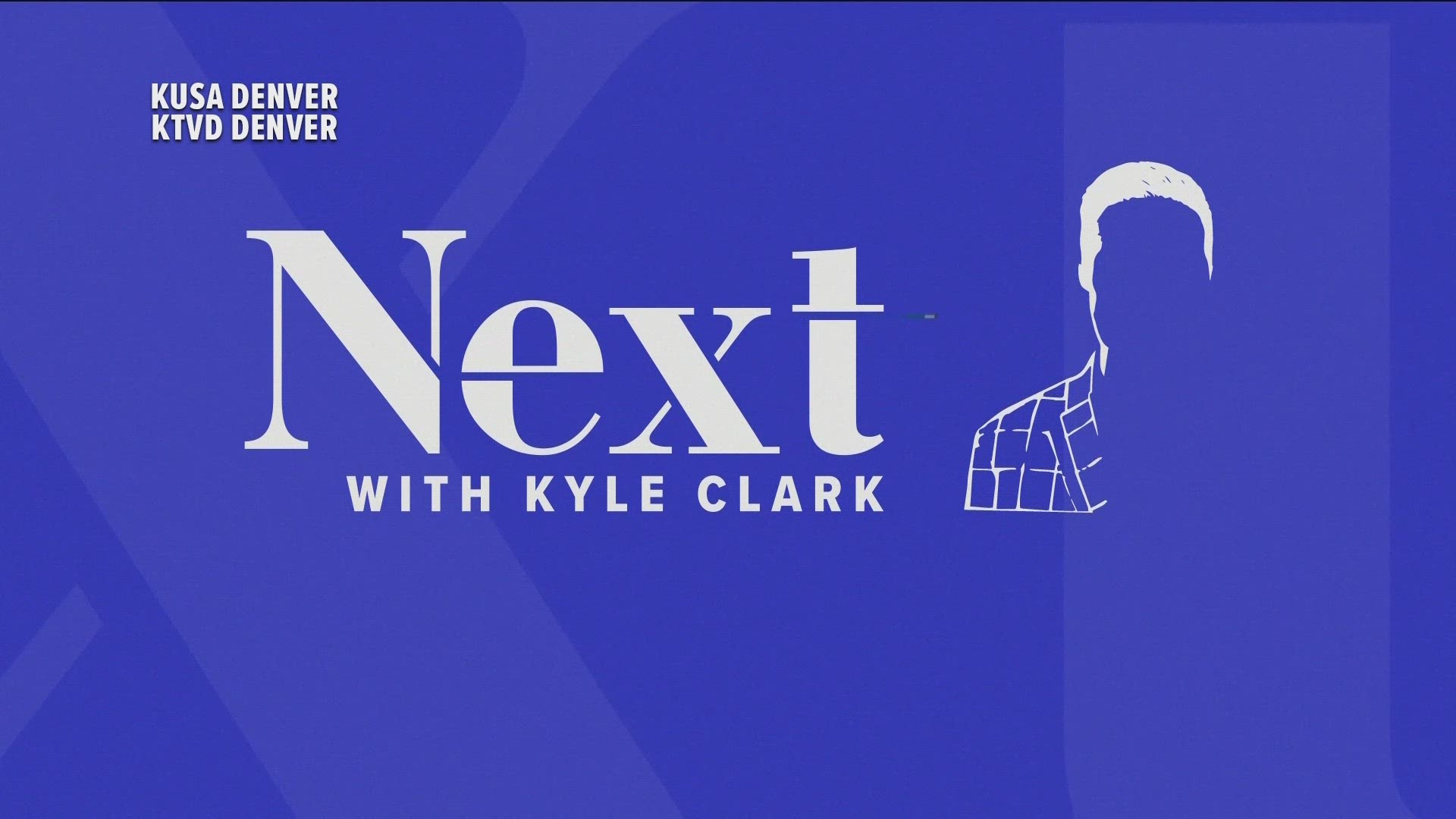Some powerful people are calling for armed officers, or armed teachers, inside of schools in the wake of a deadly shooting in Florida.
President Trump suggested this week that teachers who have gun training should receive bonuses. Florida's governor mentioned plans of putting armed guards in schools on Friday.
Looking back on Colorado's most well-known school shooting, one might consider how many armed guards it would have taken to stop what happened at Columbine High School. Specifically, how many U.S. Marines might it take to stop it?
Daniel Riley is a Columbine graduate, and began his freshman year in the fall after that deadly shooting in 1999. He then entered the Marines, with tours in Iraq and Afghanistan, where he lost both legs to an IED in 2010. While many people argue the politics of guns, Riley, who's now a lobbyist in Washington D.C., looks at this argument through a tactical lens.
"I know it pretty well, the campus, and based on how I’ve seen tactical deployments and protections in Iraq or Afghanistan, my guess – 20, 24 armed, trained Marines, if you wanted to successfully stop anybody from dying," Riley told Next with Kyle Clark.
His estimation includes at least two Marines to cover every entrance, sports field, parking lot, and various stations throughout the building, to attempt to blunt a shooter's element of surprise - as much as that could be possible.
In the case of Columbine, the killers carried pipe bombs, which added smoke, distraction and confusion. A student shooter would also know where the entrances are, and have familiarity with the guards and their patterns.
"The (Columbine) killers planned this out. They didn’t decide on a whim to do this. And you have to assume that they would plan for what security was at the school, " Riley said. "They look like every other student. And that element of surprise that the shooter would have over an armed guard of some sort in the school doesn’t leave a lot of room for error."
The "room for error" gives Riley pause. This isn't like the movies, he says, when everyone is in the right place at the right time. The variables in a mass shooting scenario would challenge a trained member of the military, let alone a teacher.
"I’ve been through firefights in Afghanistan, and it’s chaotic. No matter if you’re with a group of Marines that have trained, that have done this, have been involved with firefights, been together and deployed, there’s still chaos. Combat is chaos," he said.
One of Riley's main concerns would be the safety of students and staff members who could get caught in the crossfire. He adds that a teacher or guard would have to consider the power of their own bullets, which can travel through blockades, and walls of a classroom, where an innocent student might be hiding.
Given the logistics, and number of guards needed in a Columbine, for example, the concept does not seem practical to Riley. He believes guards would perhaps protect some students, but the plan isn't 100 percent effective.
"I mean, I understand why people say they want to help, but if you think it through, it just doesn’t make sense. I don’t know how much more to say it. It just seems like insanity to me," he said. "Why don’t we deal with preventing it in the first place, rather than trying to stop it in the actual act of shooting?"
In the last few weeks, Riley has joined with other veterans pushing for gun reform. He told Next he's not anti-gun; he relied on them in war, but he said he thinks changes to gun laws are the best chance to stop more school shootings.


